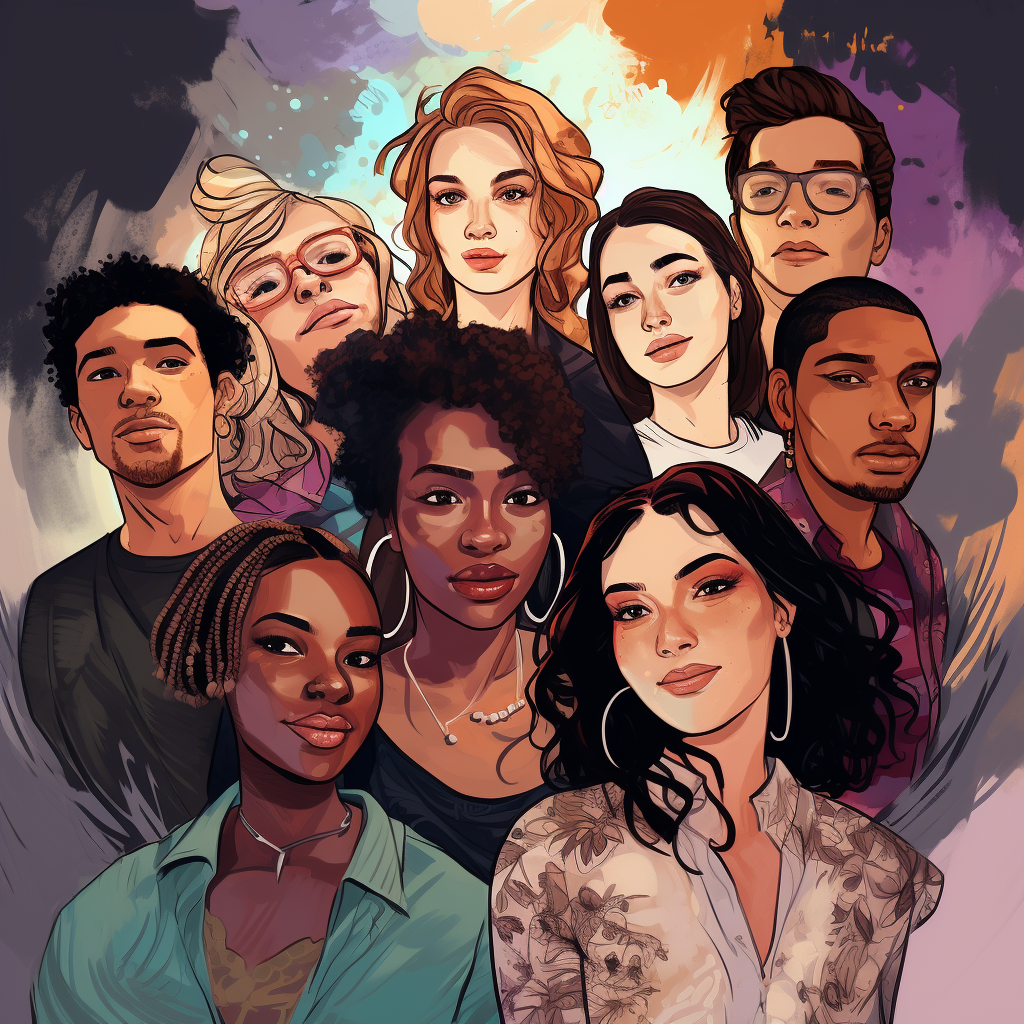
Poetry, with its mesmerizing tapestry of words, has always been a realm of artistic expression. This can make one think can anybody be a poet? Poetry captures emotions, stories, and ideas through verses that dance with the imagination. But here’s the question: Can anybody be a poet? Must you be born with a gift for words, or can anyone, from any walk of life, embrace the poet’s mantle and compose verses that resonate with the soul? In this exploration of the world of poetry, we’ll uncover the truth that lies behind the question of whether anyone can become a poet.
I. Becoming a Poet: Kindling the Poetic Flame
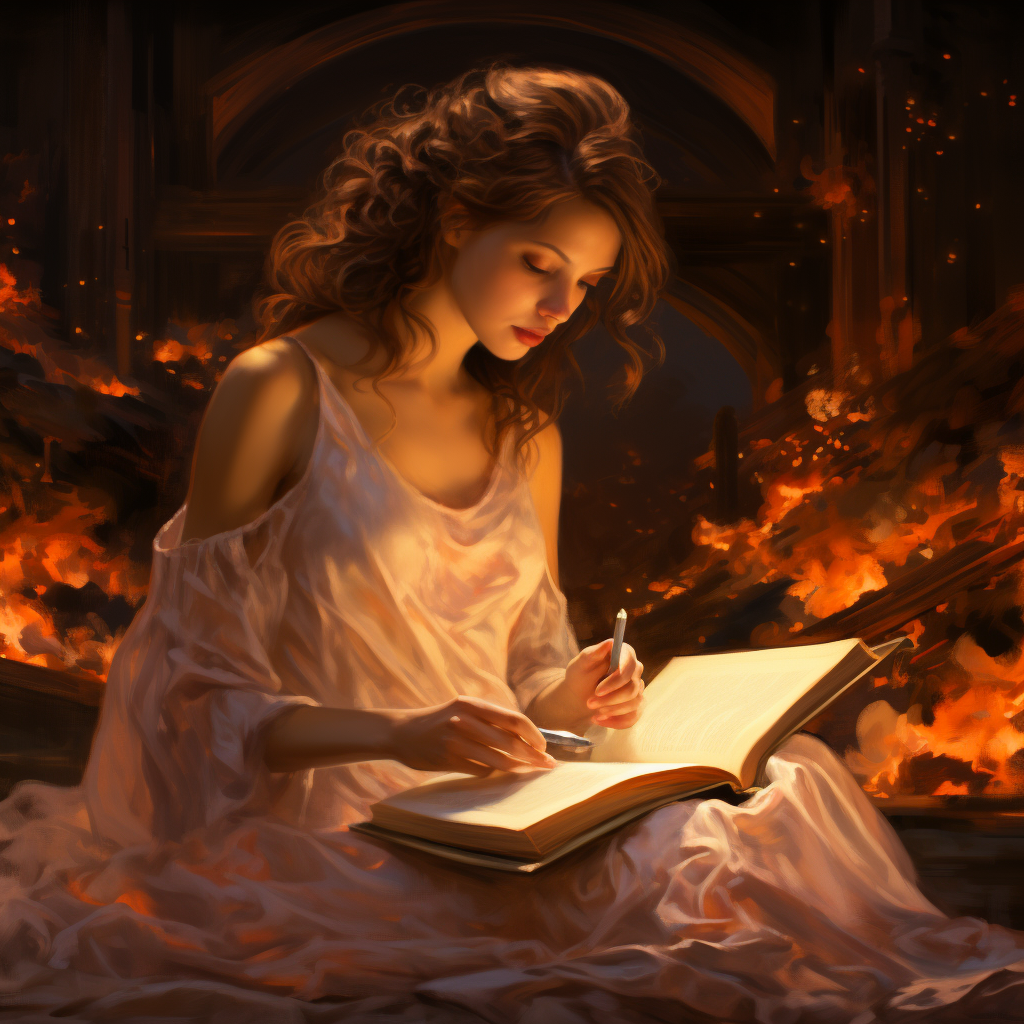
Imagine stepping into the world of poetry as if entering a hidden forest, shrouded in mist and enchantment. The path is yours to tread, and there are no gates, no tickets, and no secret handshakes to access this realm. Poetry is the art form that extends an open invitation to anyone with a passion for words.
The Aspiring Poet: A Dreamer of Verses
At its heart, poetry is the realm of aspiration. It’s the echo of dreams put into words, the canvas of emotions painted with syllables, and the bridge that connects souls. An aspiring poet is not defined by innate talent but by an unquenchable thirst to explore this artistic terrain.
Picture this: You might be an accountant, meticulously balancing numbers by day. Or perhaps you’re a teacher, imparting knowledge to eager minds. Maybe you’re a mechanic, skillfully mending the heartbeats of cars. You could even be a scientist, unraveling the mysteries of the cosmos. But within you, in the quiet recesses of your being, there resides a poet yearning to unveil their verses.
The Fire of Passion: The Poet’s Eternal Flame
Now, let’s talk about the driving force behind every poet’s journey—the fire of passion. It’s the luminous spark that ignites the words within you, transforming them into verses that dance in the minds of readers. This passion isn’t just a flicker; it’s an unrelenting blaze that lights up the poetic path.
Imagine your passion as a roaring fire, a beacon in the night. It’s what compels you to pick up a pen or tap on a keyboard to express the inexpressible. It leads you into the world of metaphors, where words become vibrant strokes on the canvas of your imagination. It guides you to explore the vast landscapes of similes, where you draw connections between the known and the mysterious. It encourages you to weave lyrical expressions that resonate with the hearts of your readers.
This fire, this passion, is what sets the poet apart. It’s the essence of your poetic journey, illuminating your path even in the darkest of creative nights. It burns brighter than any prerequisite, for it’s the very soul of your poetic identity.
II.Can anybody be a poet? Poetic Talent and Skill
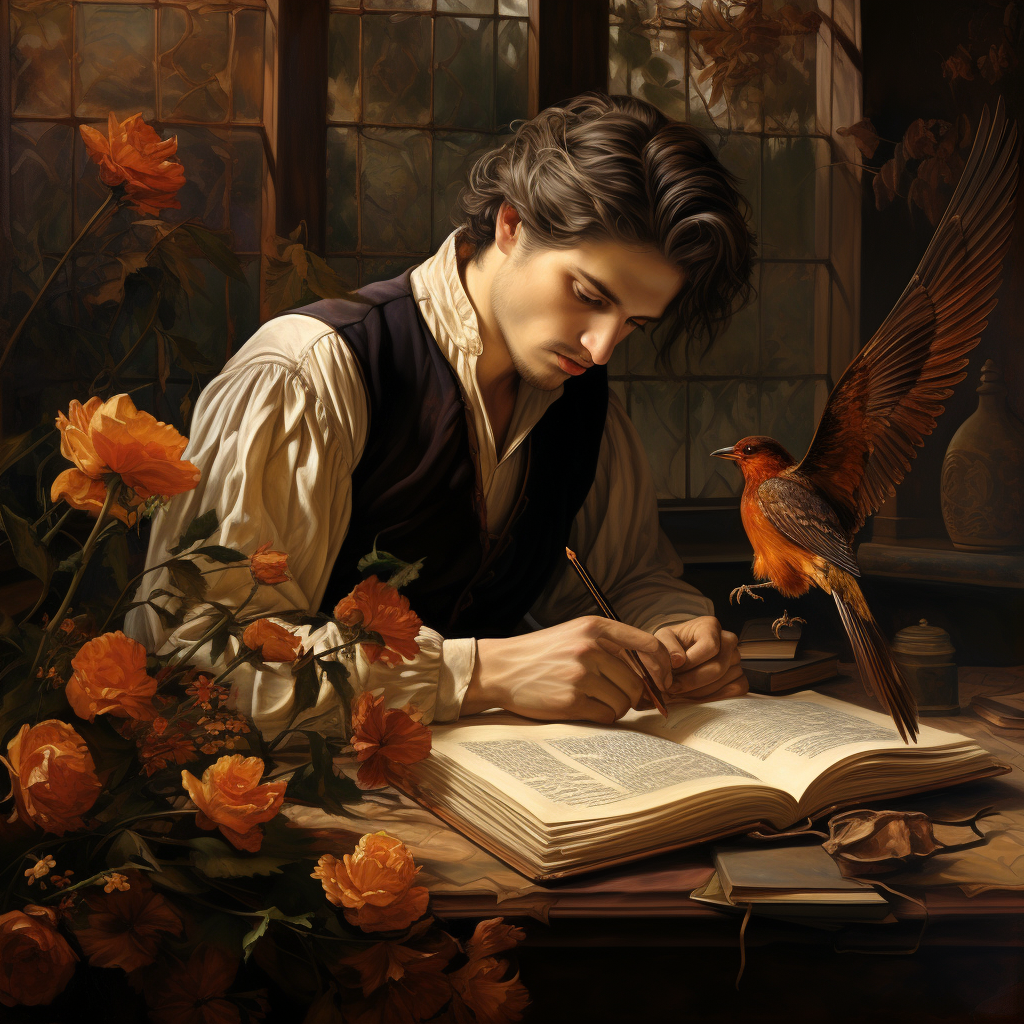
Now, let’s address the notion of poetic talent. Do you need to be born with an extraordinary gift for words to become a poet? The answer is both yes and no.
Natural Talent
Some individuals are blessed with a natural aptitude for poetry. Words flow from their pens effortlessly, like a stream finding its course through the terrain. But even they started as novices, nurturing their innate talents through practice.
Crafting Skill Over Time
For most, poetry is not an innate talent but a skill developed over time. It’s like learning to play an instrument or becoming a skilled painter. The more you write, the more you refine your craft. Poetry is not about being perfect from the start; it’s about the journey of growth.
Stories of Transformation
Many renowned poets began as amateurs with a deep love for words. They honed their skills, revised their work relentlessly, and eventually became celebrated wordsmiths. Their stories illustrate that the path to poetry is open to those who persevere and refine their skills.
III. Transforming Words into Art: Poetry as a Captivating Hobby
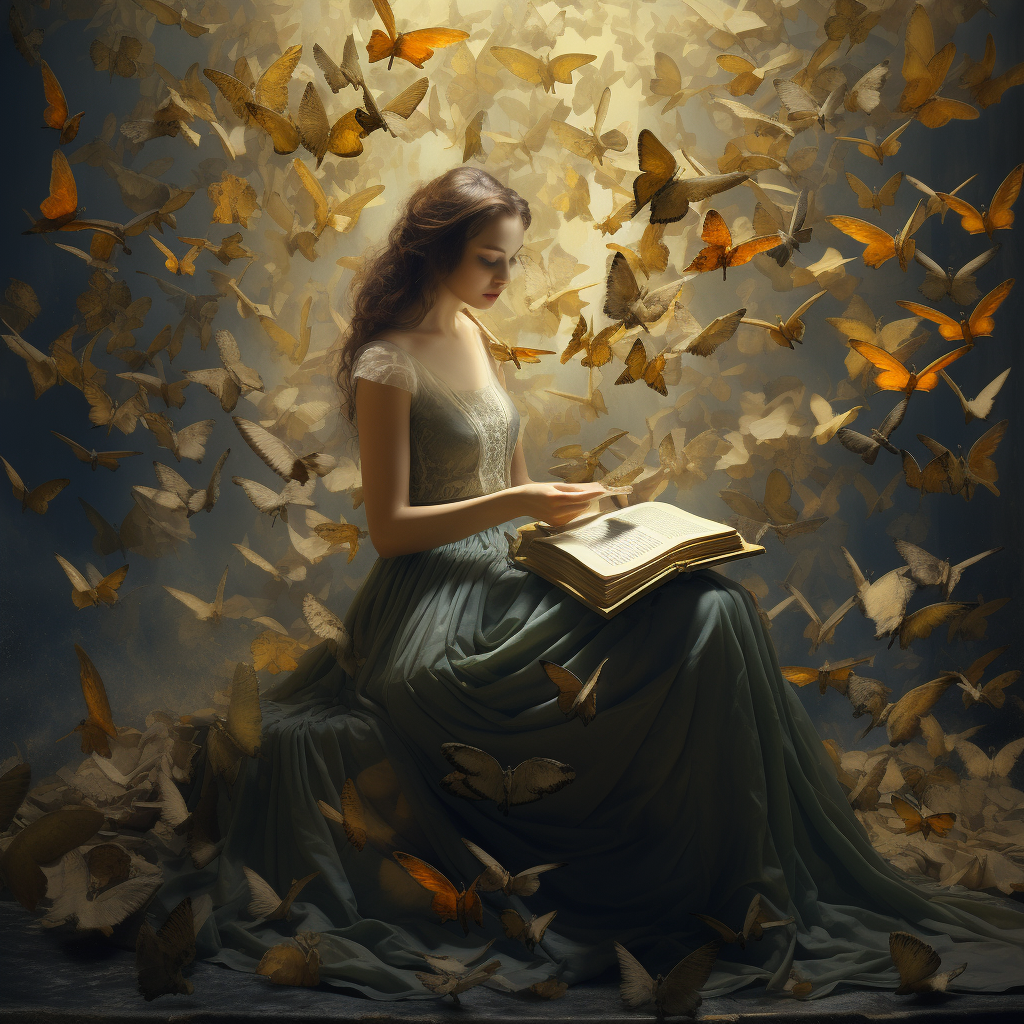
Not everyone aspires to be a professional poet, and that’s perfectly fine. Poetry isn’t exclusive to those who seek fame or fortune. It can be a cherished hobby, a secret garden of verses you tend to in your leisure.
A Therapeutic Pursuit
Writing poetry can be therapeutic. It’s like tending to a garden of thoughts, allowing you to pluck the weeds of stress and cultivate the flowers of self-expression. Many find solace in poetry, using it as a means to heal and reflect.
Joining Inclusive Communities
Poetry communities are like welcoming gardens with open gates. You’ll find hobbyist poets sharing their verses, receiving feedback, and simply enjoying the act of creation. These communities value participation over perfection.
IV. Poetry for Everyone
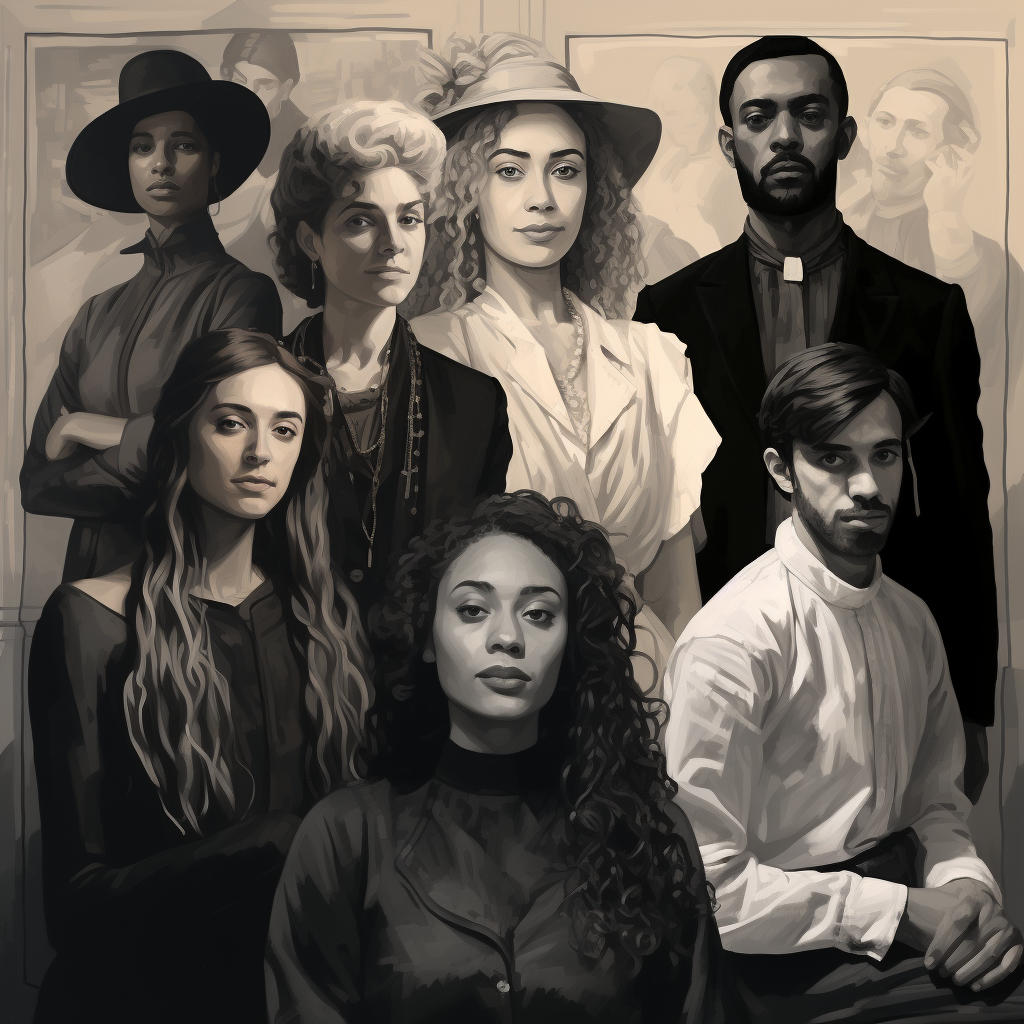
The heart of the matter is this: Poetry is an art form for everyone. It’s a medium through which individuals from all backgrounds, experiences, and walks of life can communicate, inspire, and connect.
Diverse Voices Enrich Poetry
Imagine a world of poetry where voices are diverse, where stories hail from every corner of the globe, and where experiences and perspectives intertwine. Poetry benefits from inclusivity, with each poet bringing their unique flavor to the literary feast.
Embrace Your Potential
The question of whether anyone can become a poet isn’t about permission; it’s about realizing your potential. Whether you’re an engineer, a chef, a parent, or a student, your thoughts and feelings can be captured in verses. Poetry is your canvas, and words are your brushes.
V. Conclusion: Finding your Poetic Voice

In the world of poetry, the gates are wide open, and the stage is unreserved. Whether you’re an aspiring poet, someone who crafts verses for therapeutic release, or a seasoned wordsmith, poetry is a realm where all are welcome. Talent may vary, but passion and dedication are the bridges that connect poets from all walks of life. So, can anybody be a poet? Yes, and you already possess the keys to the poetic kingdom within you.
Learn More About Earning Income from Your Poetry
- Publish Poetry Online and Get Paid
- Do you get paid for publishing poetry?
- How can I get my poetry noticed?
- How much should I sell my poetry for?
- How much does it cost to publish poetry?
- Can anybody be a poet?
- What are the 11 rules in writing a poem?
- What is the number one rule of poetry?
- How many lines must a poem have?
- What is a single line of poetry called?
- What is a poem with one line called?
- What is the middle of a poem called?
- Why don’t poets follow grammar rules?
- What is 3 line poetry called?
- What should a poem look like?
- How to write good poems?
FAQs (Frequently Asked Questions)
1. Is there a specific age to start writing poetry?
- No, there’s no age limit. You can start writing poetry at any age.
2. Do I need to study literature to be a poet?
- While studying literature can be beneficial, it’s not a requirement. Passion and practice often matter more.
3. Can I be a poet if I’ve never written poetry before?
- Absolutely! Everyone starts somewhere, and your first poem is the beginning of your poetic journey.
4. Are there any rules in poetry that I must follow?
- Poetry has guidelines, but creativity often thrives when you bend or break them.
5. How do I find a poetry community to join?
- You can find poetry communities online, in local bookstores, or even through social media platforms dedicated to poetry.